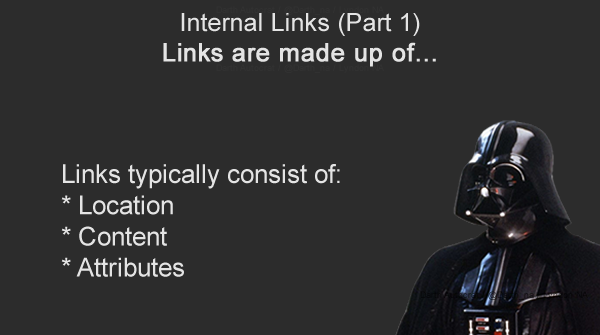
If you've done the research,
you should have a set of
Who, What, Where, When & Why
Those should make a large % of the existing consumers.
But few people go to the effort of:
1) Figuring an earlier "when", and the "where" that goes with it
2) Looking at sibling/cousin paths
you should have a set of
Who, What, Where, When & Why
Those should make a large % of the existing consumers.
But few people go to the effort of:
1) Figuring an earlier "when", and the "where" that goes with it
2) Looking at sibling/cousin paths
https://twitter.com/KateBour/status/1459149901716234259
Proper (and continuous!) research should yield insights into motivation/cause, and locations.
You should be able to utilise "personas" (or demo-/firmo- and psycho-graphics) to locate additional locations, probable channels/sources.
Failing that, use Search for questions!
You should be able to utilise "personas" (or demo-/firmo- and psycho-graphics) to locate additional locations, probable channels/sources.
Failing that, use Search for questions!
Search for the same things your consumers do,
and you'll likely find where they go for info ... and where you should be!
(providing answers, running ads, providing sponsorships etc.)
Do searches for Product/Service -brand, and see what comes up. Or +Comp. brand!
and you'll likely find where they go for info ... and where you should be!
(providing answers, running ads, providing sponsorships etc.)
Do searches for Product/Service -brand, and see what comes up. Or +Comp. brand!
If needs be - go fishing!
Okay, so it's not 100% "legitimate",
but creating a profile or two, joining a site/forum/community/channel - and asking for some help on an issue your product/service is meant to handle,
and see what comes back ... can pay dividends!
Okay, so it's not 100% "legitimate",
but creating a profile or two, joining a site/forum/community/channel - and asking for some help on an issue your product/service is meant to handle,
and see what comes back ... can pay dividends!
(And yes ... if you are up for it, you can switch bait and fish for info on competitors ... just remember not to lead/ask bias questions, cast dispersions etc.!!!)
It's also worth keeping a little spreadsheet or doc of common queries, and resulting Domains.
This allows you to expand your searches over time, and exclude more and more domains/sites, getting broader results.
It can be tedious - but can turn up some gems!
This allows you to expand your searches over time, and exclude more and more domains/sites, getting broader results.
It can be tedious - but can turn up some gems!
• • •
Missing some Tweet in this thread? You can try to
force a refresh








